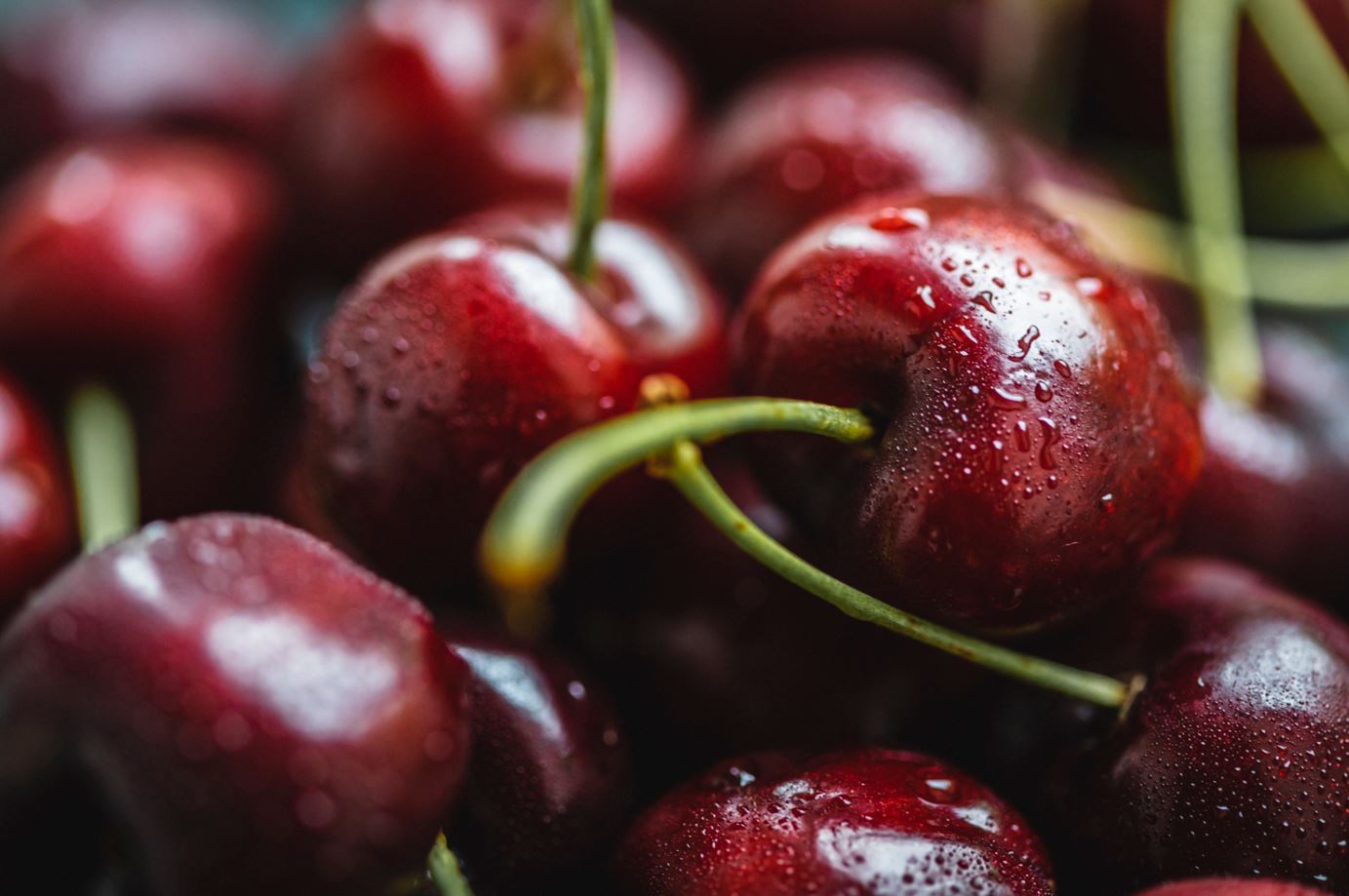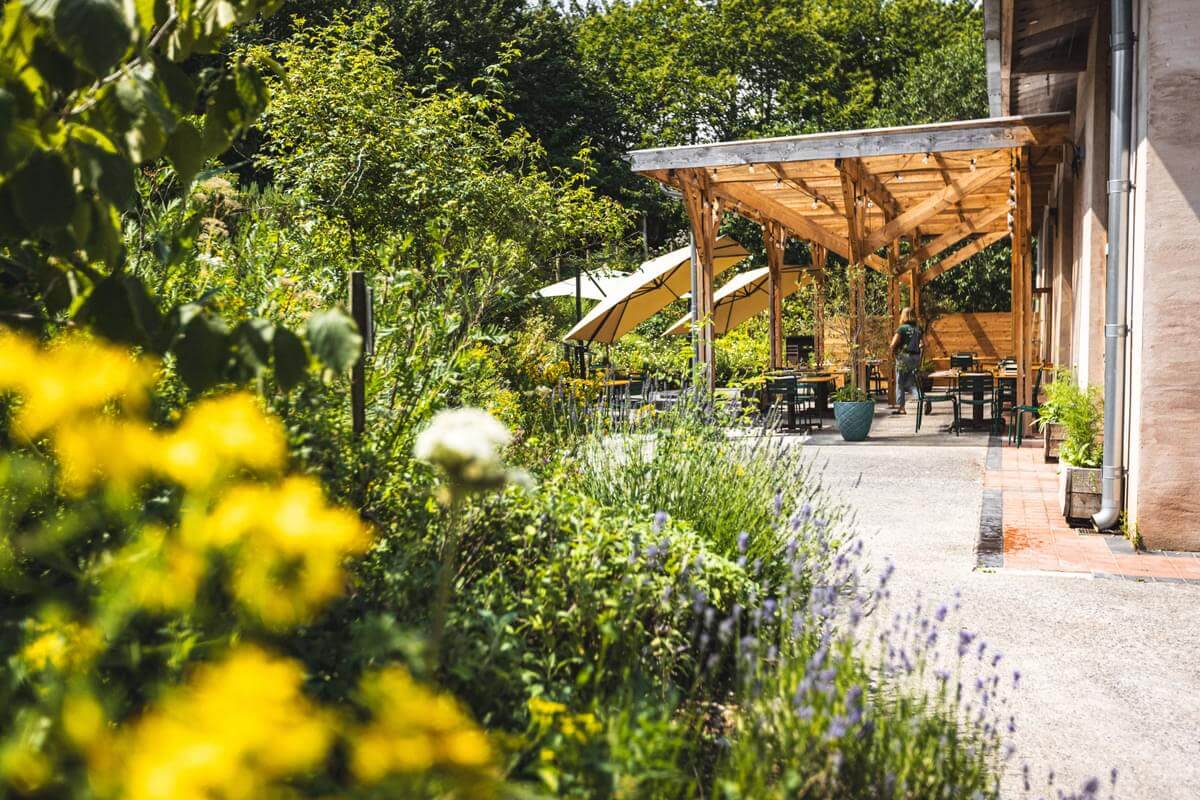This week on my farm, we’ve just finished picking the last of the cherries, and we’re starting on the first of the plums.
We probably pick around 30 per cent of the crop first time around on plums, and maybe pick four times in a season. If you let them ripen on the tree they are ready too soon and won’t last.
My farm is up on a slope looking down into the town of Ledbury, near Herefordshire; it’s absolutely stunning. It’s been in the family for years – my great grandfather was the bailiff to the local squire before buying some land and passing it down through the family.
Sadly, it’s really not been a good season on cherries for us. We had heavy rain about a month ago and even under covers the fruit was affected – it resulted in a lot of cracked fruit, which lets in the mould.

We’re probably going to have about half the yield we had last year. If we hadn’t had that rain, we would be sitting on a full crop. That’s the nature of the beast. But as my wife always says to me, ‘You can’t give up, you know too much about it.’ Cherries are notoriously difficult to grow organically, and it’s taken us 16 years to get to this stage.
On the plus side, we have got a hell of a pear crop this year, which will hopefully be ready around September. Most of them are Conference pears but we’ve got some nice Concorde as well. I’ll eat pears whether they’re soft or hard; my favourite is eating them straight off the tree – I eat a lot of fruit!
I’m always looking to grow more unusual things – like our damson-plum hybrid that we started selling last year. We’ve also come across an interesting mix between an apricot and a cherry, called an aprikyra, and we’ve looked at some tropical fruit. The only thing is when you try new things, you find new problems – the damson-plum is prone to a fungal disease that can spread to our other plum varieties, for example.
Back in the day, apples were our thing, but there’s too many big growers out there now so we can’t compete. For me, I’ve got to be a bit specialised to stay in the game.













So pleased that someone is still growing organic cherries – can’t get enough of them in their short season.
Keep at it Joe!.